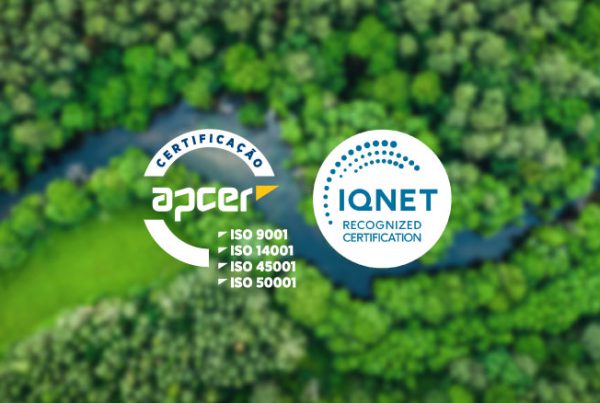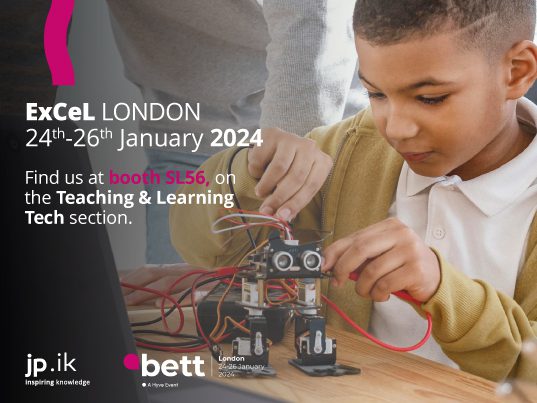Read the article:
Forget STEM, We need MESH
Where are innovation and transformation agendas driving Education to? What are the ignitors and the beliefs behind them? What do trendy acronyms such as STEM, STEAM, or MESH mean in that process?
It is a fact that Education transformation is being pushed forward – probably as never before – by political agendas and education communities committed to better address learners’ needs in the fast-paced social, cultural, economic and technological changing world we are living in. These efforts are specially targeting pedagogy innovation and the inclusive and equitable access to quality learning environments, boosted by the consciousness that Education must change to provide all students with more relevant and effective learning opportunities that allow them to become more conscious and active citizens and high-skilled future workers.
But the routes for Education transformation are as diverse as learners are, and a huge set of frameworks and acronyms are shaping these pathways for change.
STEM is one of the most shared and recognised trends, pushing for Science, Technology, Engineering and Maths as essential keys to address the emergent needs and opportunities in the labour market, justified by the accelerated technological development. It brings Coding, Robotics and Virtual Laboratories, among other scientific tools, resources and content, into learning environments and pushes for project-based learning approaches as a privileged pedagogical strategy to accomplish these specific-related learning goals. STEM approach advises for the development of the technological and scientific skills the labour market will supposedly need and absorb in an early future. If you deep-dive reports about the future of work, as the 2018 edition from the World Economic Forum, you will actually find emerging roles in the labour landscape in 2022, such as Data Analysts and Scientists, AI and Machine Learning Specialists, Software and Applications Developers, or Big Data Specialists.
But this is only one part of the truth and a restricted vision of it as well. Because it disconsiders other emerging working roles highlighted in the same report, that most likely require skills from other knowledge areas, and misconceives the importance of a holistic and comprehensive vision of Education to create effective conditions for each learner to reach his/her full potential preserving his/her identity, and not simply fit in specific job descriptions.
For a long time now, Arts and Humanities claimed for their place in this equation and STEM has evolved to STEAM, adding the artistic dimension to the previously privileged scientific and technological ones. Even though there are a lot of misconceptions about the “A†in this acronym, it brings creativity, aesthetics and multiple means of artistic expression into decisional education processes, pushing for active and play-based learning, and challenging technology to also come up with solutions that accurately target more inclusive learning goals. This adds some new possibilities in terms of interests, competencies and even future-job connections to those targeted by STEM and could be a much more relevant contribution to think about Education.
However, Tim Wise, an anti-racism activist and educator who shares his thoughts in the above-mentioned blog, goes further and suggests “(…) a renewed focus on MESH education, which stands for Media Literacy, Ethics, Sociology and History. Because if these are not given equal attention, we could end up with incredibly bright and technically proficient people who lack all capacity for democratic citizenship.â€. He doesn’t deny the importance of STEM education but states that it can’t be the unique Education driver as it is effectively not enough to address current and future challenges, we’ll all need to handle and deal with. As he also refers, besides technical and artistic skills, we’ll definitely need i) media literacy to be capable of critically interact with the huge amount of information available, ii) ethical reasoning and values for responsible decision making, iii) sociology to understand institutional dynamics and the way critical social issues shape our world, and iv) history to have the contextual narrative that will allow us to critically perceive technologies-related gains and threats.
STEM, STEAM or MESH? We do believe that a careful look upon Education transformation recognises that the available paths should be as diverse and permeable to new learning as authentic learners are.
Contribution by:
Ana Paulino and Ana Mouta, the editors of A Moment of Sharing, are Pedagogy Specialists at jp.ik.



